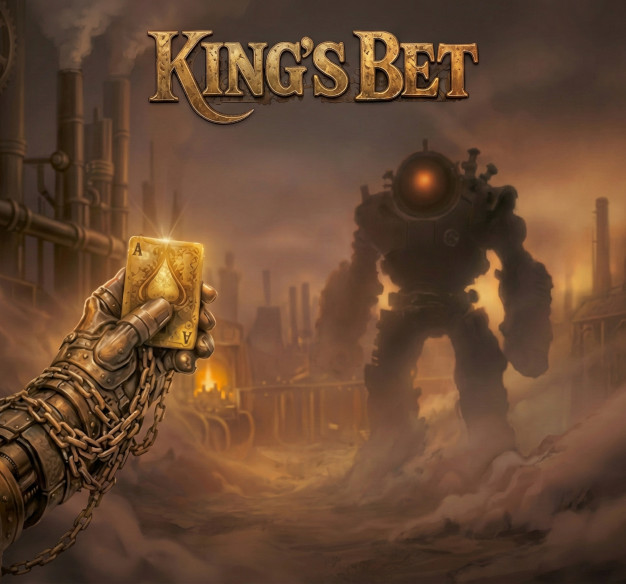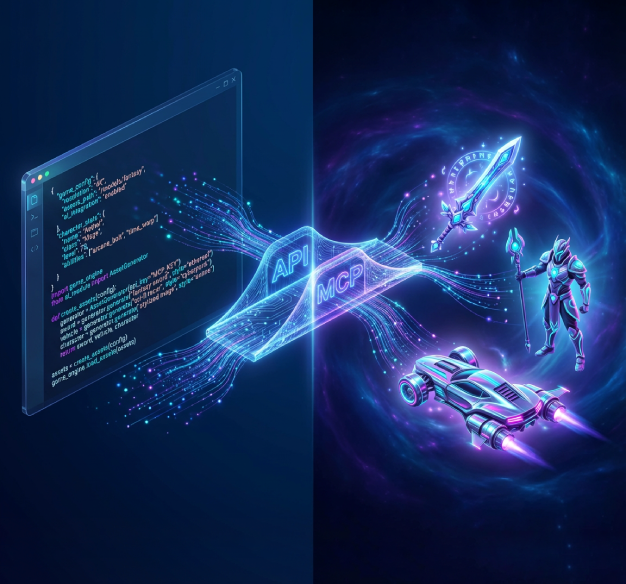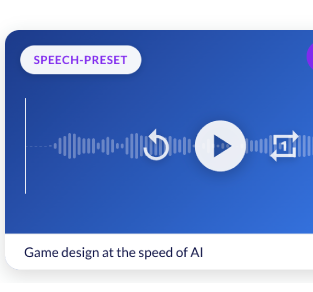The video game industry is perpetually on the move, with new technologies, player preferences, and design philosophies shaping the landscape each year. As we look toward 2024, several emerging trends will significantly influence game development and market strategies.
Using Ludo.ai’s AI-powered video game market research and trends tools, we bring you an exclusive, up-to-date analysis of what developers need to know to stay ahead in this dynamic arena of video game and indie game development.
The Rise of Cloud Gaming

Cloud gaming is poised to democratize access to high-quality gaming experiences, allowing players to stream games directly to their devices without the need for expensive hardware. Services like Google Stadia and Microsoft's Xbox Cloud Gaming are leading the charge, offering subscription-based models that open up a wealth of possibilities for developers. This trend encourages the creation of more platform-agnostic games and may shift the focus toward subscription-based revenue models over traditional sales.
Developer Takeaway: Consider experimenting with cross-platform games and/or implementing subscription-based models, or use a free-to-play gaming model that charges for in-app purchases.
The Integration of AI and Machine Learning

Skyrim has enjoyed immense longevity and success thanks to its incredible modding community on both the flatscreen and VR versions of the game.
AI and machine learning continue to evolve, offering developers tools to create more immersive and dynamic game worlds. Procedural content generation can create infinite landscapes and levels, while AI-driven NPCs can offer more realistic and unpredictable interactions.
Developers should consider how AI can enhance gameplay, automate testing, and personalize player experiences. Tools like OpenAI's GPT and Unity's ML-Agents are at the forefront, pushing the boundaries of what's possible in game design and development. Ludo.ai is one of the many AI-powered tools changing how video games are conceptualized, crafted, and created.
Developer Takeaway: Integrate AI technologies into your game design, whether that means taking advantage of randomly-generated dungeons, levels, AI-powered NPC dialogue, or allowing your game to be highly moddable by the gaming community to extend product lifespan well beyond the initial release.
Virtual and Augmented Reality: Beyond the Novelty

VR and AR (virtual reality, augmented reality, mixed reality, also known as extended reality - XR) technologies are maturing, moving beyond novelty experiences and “tech demos” to become integral parts of the gaming landscape. The release of more affordable and accessible hardware such as the Meta Quest 3, coupled with advances in passthrough technology (mixed reality gaming), haptic feedback, and motion tracking, is opening new avenues for immersive gameplay.

C-Smash VRS, originally a Sega Dreamcast title, has been revived and reimagined for VR in 2024.
Developer Takeaway: Explore how VR and AR can offer unique experiences within games, considering not just the potential for full VR/AR titles but also how these technologies can enhance traditional games. Consider developing a VR version, or an MR version of an existing game in your developer library, either adding a VR mode for an existing game or finding a classic game in your catalogue to rebuild from the groundup exclusively for VR.
The Social Dimension of Gaming
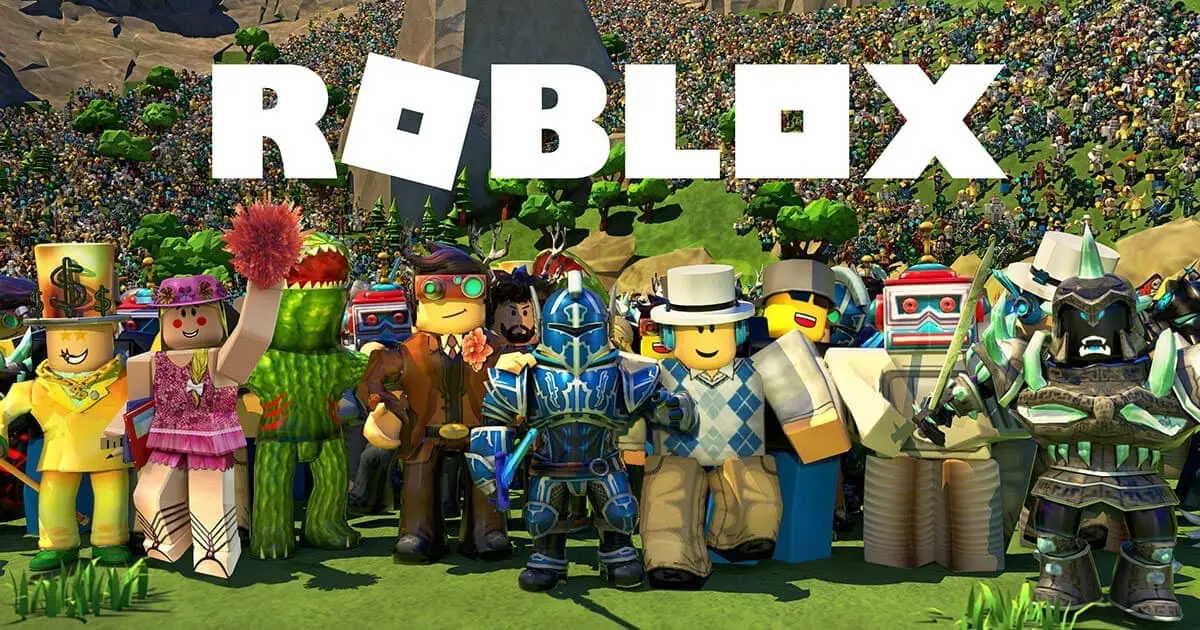
Roblox is a social gaming network within the metaverse that allows users to make connections with strangers within the global community as well as people they know in real life. Roblox is quickly becoming the go-to virtual experience for gaming for all ages.
Social features are becoming increasingly important, with players seeking connected experiences that go beyond multiplayer gameplay. This includes shared in-game events, cross-platform play, and integration with social media platforms.Developer Takeaway: Developers need to consider how to build community and foster player interaction within their games, potentially leveraging existing social platforms or building their own networks. Cross-platform play amongst friends is a crucial element in modern gaming and is an almost expected feature from gamers.
Ethical Monetization and the Pushback Against Loot Boxes

As scrutiny over loot boxes and pay-to-win mechanics intensifies, developers must explore ethical monetization strategies that respect player experience. This might include direct purchases, battle passes, and cosmetic items that do not affect gameplay balance. Transparency and fairness will be key in maintaining player trust and satisfaction.
Developer Takeaway: Cater to your customers and drive customer loyalty through loot or items that enhance gameplay and experiences without making it “pay to win”. Over-monetizing your user base can cause disdain and backlash. Giving away skins and other cosmetic items at integral times or timed events can bring positive sentiment to your user base and engage user engagement and replayability.
Indie Games Continue to Thrive

Developer Takeaway: Don’t be afraid to experiment and innovate and stick to a unique vision. Some of the greatest games of recent years that have gone on to rival and surpass big studio titles have come from the indie sector.
Mobile Gaming Poised For Greater Heights
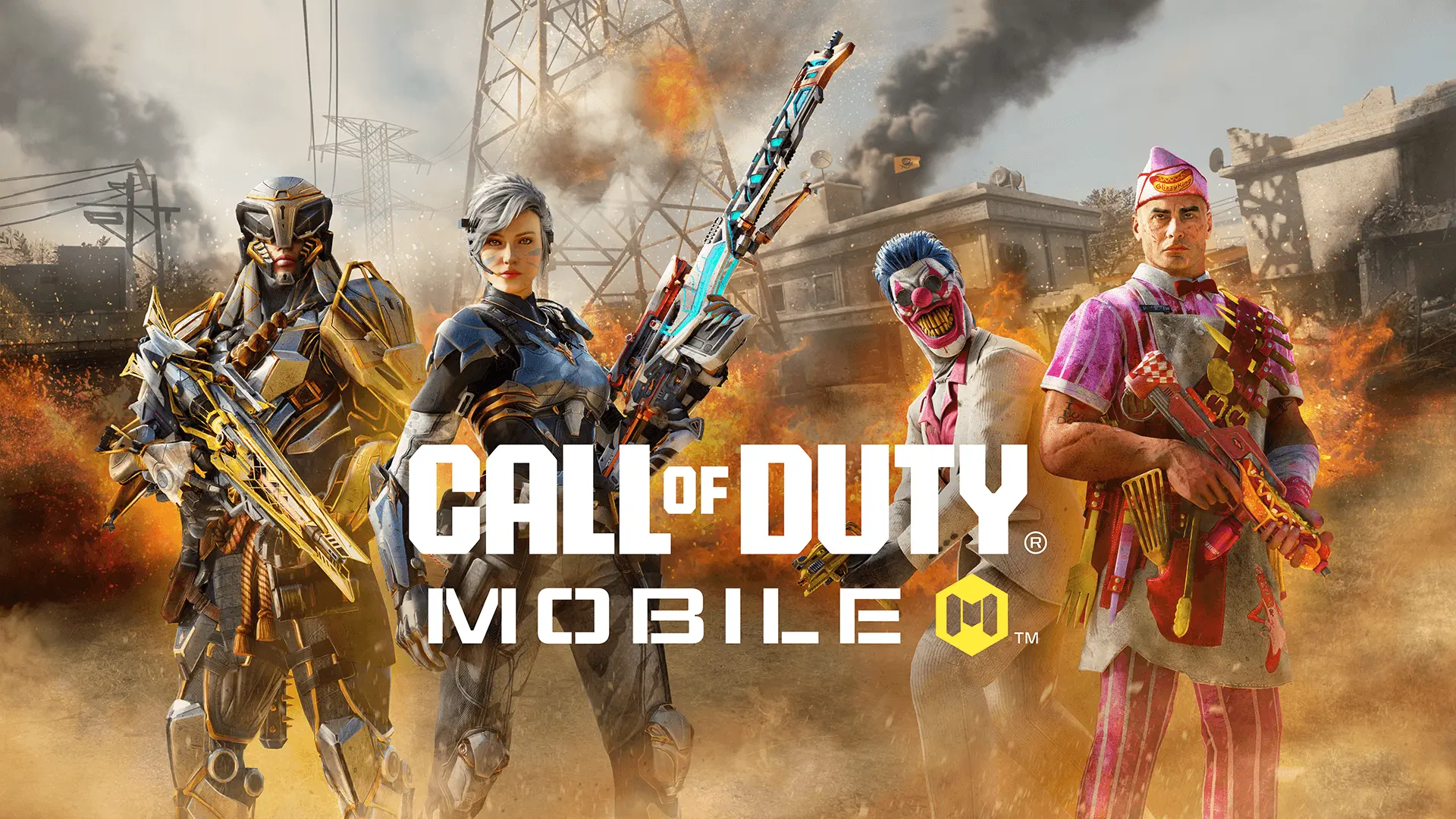
Call of Duty Mobile, amongst other games arriving on handheld/mobile devices, signifies the growing popularity of hypercasual gaming and gaming on-the-go.
As the mobile gaming landscape evolves, new trends and developments are set to shape the future of this industry.In particular, the battle royale genre in mobile games saw significant growth, with a 50% increase in consumer spend during the pandemic compared to the non-pandemic period. Similarly, the growth in in-app purchases and other game-related spending led to a 50% increase in consumer spend on mobile games during the pandemic, indicating a shift towards digital entertainment. Even the Epic Games Store is coming to mobile, which signifies that mobile gaming is here to stay.
These trends not only highlight the evolving preferences of gamers but also the potential for new developments in game design, monetization strategies, and user engagement. As the industry continues to expand and innovate, the future of mobile gaming promises to be an exciting and dynamic space.
Education Through Gaming

Educational games are gaining traction, offering engaging ways to learn and develop skills. This trend extends beyond the classroom, with games designed to teach coding, language, history, and more. Developers have an opportunity to contribute to this growing sector, creating games that are both informative and entertaining.
Medical apps, fitness apps, and programming and productivity apps are finding traction in the gaming market thanks to new extended reality (XR) experiences that include augmented reality (AR) and mixed reality (MR) gaming.

